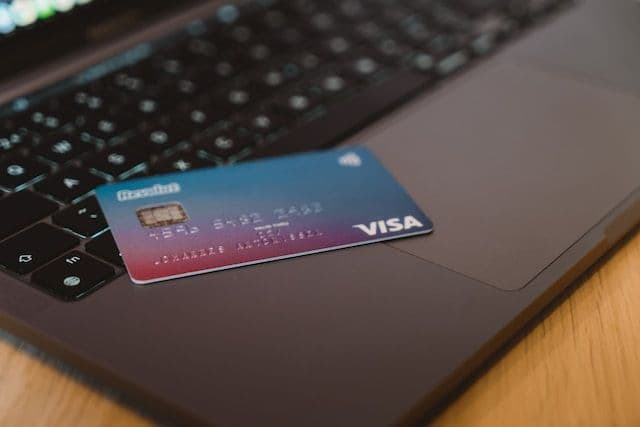How Long Do You Have To Pay An Overdraft Back?

Ever worry about needing more cash than you have in the bank? We get it, student life is expensive. But if you just can’t wait any longer for your student loan to drop, signing up for an account with an overdraft might just be the thing for you.
But what is an overdraft we hear you ask? Well, an overdraft lets you borrow a small amount of money from the bank, without requesting a new loan every time. This can give you some financial flexibility as well as peace of mind.
But, the money isn’t free (sorry!). So, before you sign up to one, it’s important to understand the terms around repaying it.
What Are The Terms For Repaying An Overdraft?
The specific repayment terms for an overdraft will vary. These terms depend on what kind of overdraft it is and the bank or financial institution that issued it.
There are two kinds of overdrafts: arranged and unarranged.
An arranged overdraft is pre-approved by the bank and usually has a set interest-free limit.
An unarranged overdraft is when your account goes below zero without the bank's permission. Using it often leads to higher fees.
Both these overdrafts come with different terms and conditions. And, when it comes to the subject of repayment terms, this is no exception.
How Long Is The Repayment Term On Overdrafts?
An overdraft is a short-term borrowing option. But, unlike credit cards and personal loans, there are usually no set repayment dates for overdrafts.
Some banks or financial institutions may set repayment terms that range from a few days to a few months. But, generally, arranged overdrafts do not come with set dates to be repaid.
With students, however, these can work differently. Students may get interest-free overdrafts during their degree, but after they graduate, the debt will start to grow with interest. Paying off the overdraft before interest is added can help reduce long-term debts.
But generally, as repayment terms are kept relatively loose, it may be tricky to motivate yourself into paying an overdraft off.
However, it is still important to get into the habit of repaying any money you owe. Your overdraft will need to be paid back at some point, so best to do it sooner rather than later.
Unarranged overdrafts, on the other hand, tend to have shorter and more set repayment dates.
How Should You Pay Off An Overdraft?
Once you have clarified your repayment term with the bank, you need to think about repaying it.
Having no set repayment date may make you feel as though you can sit back and relax. Why not take your time and leisurely make the repayments? This would allow you to spend more cash on things you want, like that new pair of shoes or extra drinks at the pub.
But the more sensible option is to set a target of how much you’d like to pay off each month. Factoring this into your budget will help you keep the money aside.
Getting a part-time job, or starting a side hustle can also be great options to speed up repayments. Find platforms that allow you to browse through options to find the most lucrative roles.
In the long term, however, it may even be helpful to reduce your overdraft limit. Especially if you keep relying on it.
Conclusion
It’s alright to dip into your overdraft every once in a while. We’ve all been there. But ultimately, overdrafts should be short-term borrowing options or for emergencies only.
If you are struggling to repay your overdraft, just be honest with your bank. They may be able to help you seek assistance or explore other more suitable financial solutions.
Want to improve your financial literacy and work towards your savings goals? Get started with Prograd today.